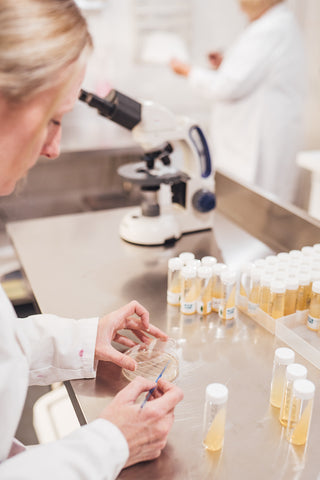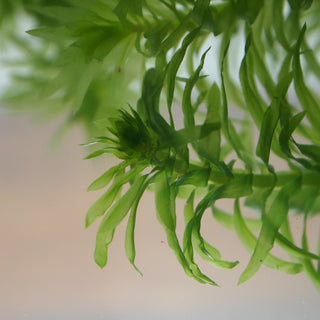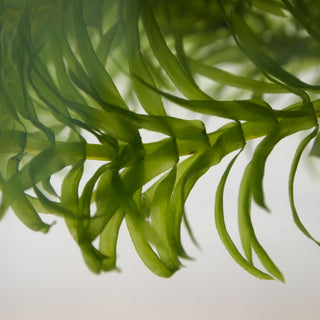Mainland Britain
Our UK mainland delivery charges are as follows: (All figures are exc. VAT)
| Standard Delivery - Orders Over £75 |
FREE |
| Standard Delivery - Orders Under £75 |
£7.50 |
Next Day Delivery
|
£11.50 |
| Next Day Delivery by 1pm |
£16.50 |
For next day delivery, please order by 2pm, item must be in stock. All stock levels are shown on the web, if showing as out of stock or prepared to order and required urgently, please contact us as we may have stock! Next day orders are sent by Royal Mail Special Delivery which is a signed for service, please ensure someone is available.
Drosophila are always dispatched on a Monday, please advise when ordering your preferred delivery week.
Our working hours are 9.30am - 4pm Monday - Thursday, 9.30am - 12pm Friday. Orders received outside these hours will be processed the next working day; orders are only dispatched Monday-Thursday (Monday-Wednesday for perishable items). Hours vary during school holidays but we are usually available via email.
*Easter Closure* 17th - 21st April inclusive. Order received during these dates will be sent once we're back open. Apologies for any inconvenience.
Contact us >>>
Northern Ireland
Sadly, due to the UK leaving the EU, we can no longer supply Northern Irish customers with any products the have codes starting with an 'L' or 'P'. This is due to the requirement for all live or preserved products to have an import licence specific to the customer purchasing and the product being purchased. As each licence takes 2 weeks to obtain, and involves a considerable amount of paperwork, we have made the difficult decision to stop offering these products to Northern Irish customers. We can still offer equipment, i.e. products with an 'E' code, as these simply require customs documentation.
We apologise for the inconvenience and if the legislation changes we will review our decision.
British Islands
Delivery charges to the Isle of Man, Channel Islands (including Jersey & Guernsey), Shetland, Orkney and all the other islands we've missed, are the same as to mainland Britain (see above). The main difference is that delivery is likely to take a little longer, and for this reason we cannot guarantee next day delivery.
In addition, we cannot ship any liquids, so any 'wet' specimen ordered will be sent vacuum packed rather than in a jar.
International Orders
We welcome international orders but please note only non-perishable and non-animal derivative items, i.e. only those with codes starting with an 'E', can be sent.
Buyer is responsible for all import duties and taxes. EU businesses need to supply an EORI number before we can ship.
EU Delivery: £28
If you wish to buy something very small/lightweight, or need urgent delivery, please contact us for a postage quote, otherwise standard charges apply.
Click here for contact information >>
Click here for our returns policy >>





